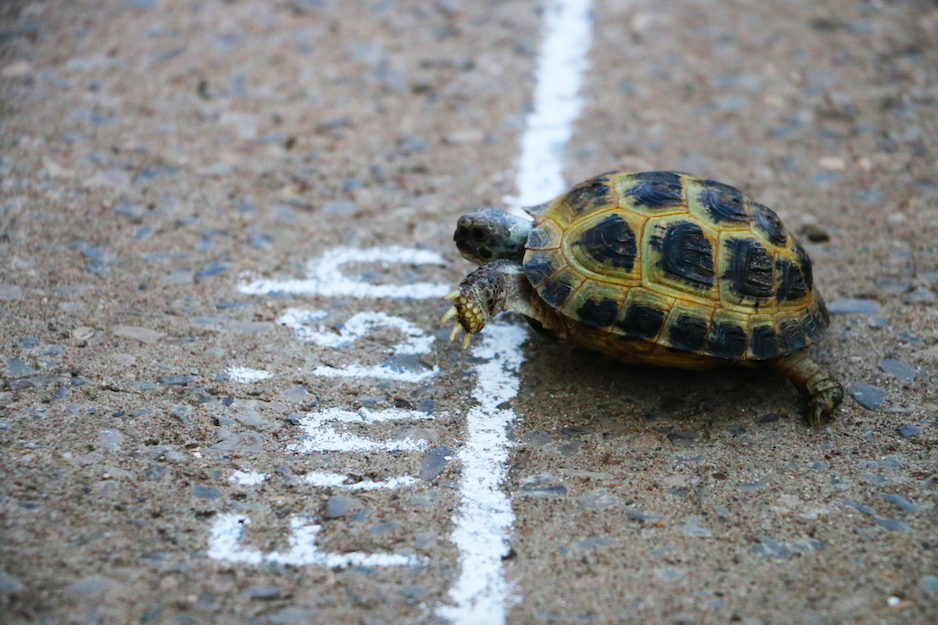After A Slow Start, AI Is Starting To Make Its Mark
Procurement has traditionally lagged behind when it comes to technology, but does AI offer an opportunity for things to change?
 By GreenCam1/ Shutterstock
By GreenCam1/ Shutterstock
Artificial intelligence (AI) is going to make business better, at least that is what the solutions providers would have us believe. Businesses will be more agile, more efficient and, importantly, more profitable. Yet it still feels procurement is behind the curve when it comes to AI adoption, despite those that have implemented things, such as machine-learning and AI-driven data analysis, seeing the benefits.
Simon Geale, vice president of client solutions at transformation procurement services provider Proxima, says: “It is early days. On the procurement side of things, we are seduced by the hype over practicality. Most of what we are seeing is either aggregating data or speeding up a process, so far.”
That is not to say that businesses are shunning AI. A recent survey by McKinsey found 47 per cent of companies have embedded at least one AI function in their business processes, up from 20 per cent in 2017.
McKinsey’s research showed that while most companies were adopting AI in areas such as service operations, marketing and product development, a significant number have started to use the technology in managing their supply chains.
Some sectors, such as retail, are adopting the technology far more rapidly in supply chain management than others.
It may be time for those businesses on the long tail of adoption to speed things up. Of those that have adopted AI in supply chain management, McKinsey reports 76 per cent have seen moderate or significant benefits.
AI Focus on Efficiencies and Productivity
So how are companies using AI? A survey by RELX Group late last year shows a focus on using AI and machine-learning principally to increase efficiencies or worker productivity (51 per cent), to inform future business decisions (41 per cent) and to streamline processes (39 per cent).
There are those in procurement who believe AI will destroy their jobs. Yet not all are convinced of this nightmare scenario.
Trudy Salandiak of the Chartered Institute of Procurement & Supply says: “Unlike many professionals, we think procurement will be future-proofed from being completely taken over by technology due to the human interaction and relationship management required.
“What it will do is provide much more visibility over supply chains to manage risk and seek out opportunities for innovation. It will also take away the process back-office side of the role to allow procurement teams to focus on more strategic areas.”
Ms Salandiak sees a role for AI in quicker and more accurate fraud detection, intelligent invoice matching and categorising vendors to rank their strategic importance in the supply chain.
Chatbots for Procurement?
AI chatbots have started to be used to help businesses articulate their needs with procurement, instead of completing lengthy requests on enterprise resource planning (ERP) systems. This echoes the voice experience consumers get through the likes of Amazon Alexa and Google Assistant.
Turkish telecoms company Turkcell has implemented a procurement chatbot, which learns continuously and simulates interactive procurement professionals’ conversations with business partners and vendors by using key pre-calculated user phrases and auditory or text-based signals. The chatbot interfaces with the company’s ERP system and it has enabled procurement professionals to cut out non-value-added activities and allocate their time to more strategic topics.
Meanwhile, Ireland’s Moyee Coffee has been working on a project in Ethiopia where farmers, roasters and consumers can access data as beans are moved from farm to cup. Consumers are able to use QR codes on the back of coffee packs to see where the beans have been sourced and how much the farmers have been paid, bringing unprecedented transparency to the supply chain. The project uses Bext360’s Bext-to-Brew platform with AI, blockchain and internet of things technology.
AI Procurement Policy
As consumers demand more authenticity and transparency, this trend is likely to continue.
The forecast value of AI to the global economy is being recognised by the World Economic Forum (WEF). In September, the WEF’s Centre for the Fourth Industrial Revolution unveiled a plan to develop the first AI procurement policy.
The work is being done in conjunction with the UK government’s Department for Digital, Culture, Media and Sport. A pilot starts in July and it is hoped it will be rolled out in December. This will include high-level guidelines as well as an explanatory workbook for procurement professionals. A further eight countries have expressed interest in extending the pilot globally.
The reason for putting together a policy now is that “regulation tends to be too slow”, says Kay Firth-Butterfield, WEF’s head of AI.
“From the procurement perspective, it’s drawing a line in the sand, saying this is how we expect AI to be produced in our country and we will not accept AI products that do not meet these criteria. It is agile governance,” says Ms Firth-Butterfield.
Reorganising Time for Strategic Tasks
The technology will also allow public sector employees to do more strategic work. “In government, there are back-office gains to be had to free up civil servants to do more,” she says, adding that work on AI procurement in the public sector is expected to transfer to the private sector.
“Governments want their citizens to be at forefront of developing and using this tech, and benefiting from the economic gains,” says Ms Firth-Butterfield. “Governments’ significant buying power can drive private sector adoption of these standards, even for products that are sold beyond government.”
The 53 per cent of companies that have not started implementing AI may like to start thinking about it now.

This article, edited by Peter Archer, was taken from the Raconteur Future of Procurement report, as featured in The Times.
Like what you’re reading? As a procurement or supply chain professional, we truly value your opinion. And that’s why we want you to tell us what you want (what you really, really want) to see on Procurious. Click here to take our ten-minute survey and help us, help you!